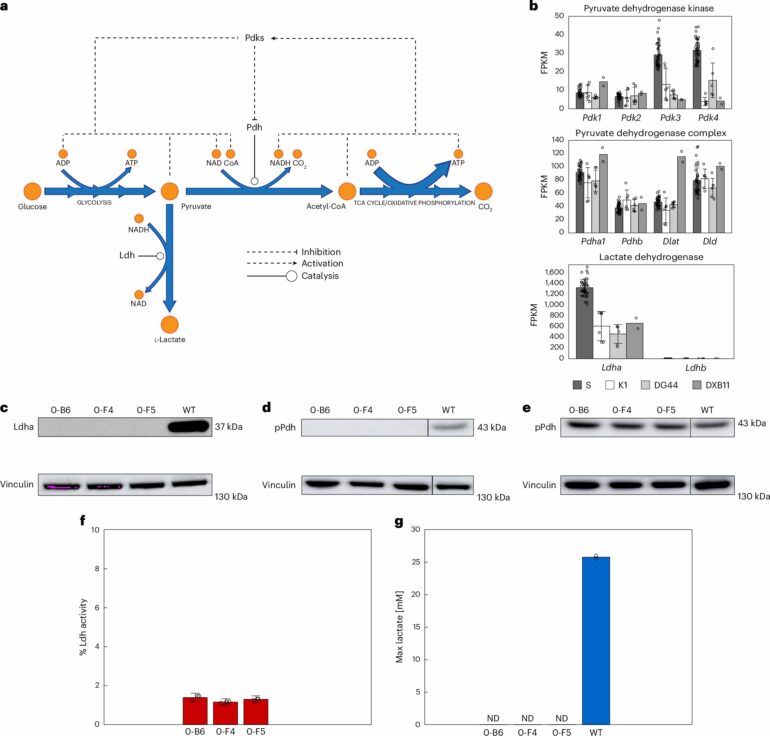Babies were weaned earlier in cities in the Roman Empire than in smaller and more rural communities, according to a study of ancient teeth. Urban weaning patterns more closely hewed to guidelines from ancient Roman physicians, mirroring contemporary patterns of adherence to medical experts in urban and rural communities.
The research is published in the journal PNAS Nexus.
Roman health authorities recommended breastfeeding babies for two years. Carlo Cocozza and colleagues were interested in how ancient Romans actually fed their babies in varying settlement types.
Carbon and nitrogen isotope ratios in dentin from the first permanent molars record diet from three months to about nine years of age. In particular, breast milk has a high nitrogen-15 to nitrogen-14 ratio, compared to solid foods, allowing researchers to estimate weaning times.
The authors gathered dental isotope data from several urban and nonurban locations across the Roman Empire. In general, people from Bainesse, UK, far from the heart of the empire, and Ostia, Italy, a rural suburb, were breastfed longer than urban people, with the majority of people from Thessaloniki, Greece, and Pompeii, Italy, being weaned at or before 2 years of age.
The pattern mirrors contemporary urban/rural divides in terms of how closely people follow expert health guidelines, with cities functioning as information hubs and offering more medical resources.
More information:
Carlo Cocozza et al, High-resolution isotopic data link settlement complexification to infant diets within the Roman Empire, PNAS Nexus (2025). DOI: 10.1093/pnasnexus/pgae566
Citation:
Ancient teeth reveal Roman urbanites followed medical recommendations for weaning babies (2025, January 14)


